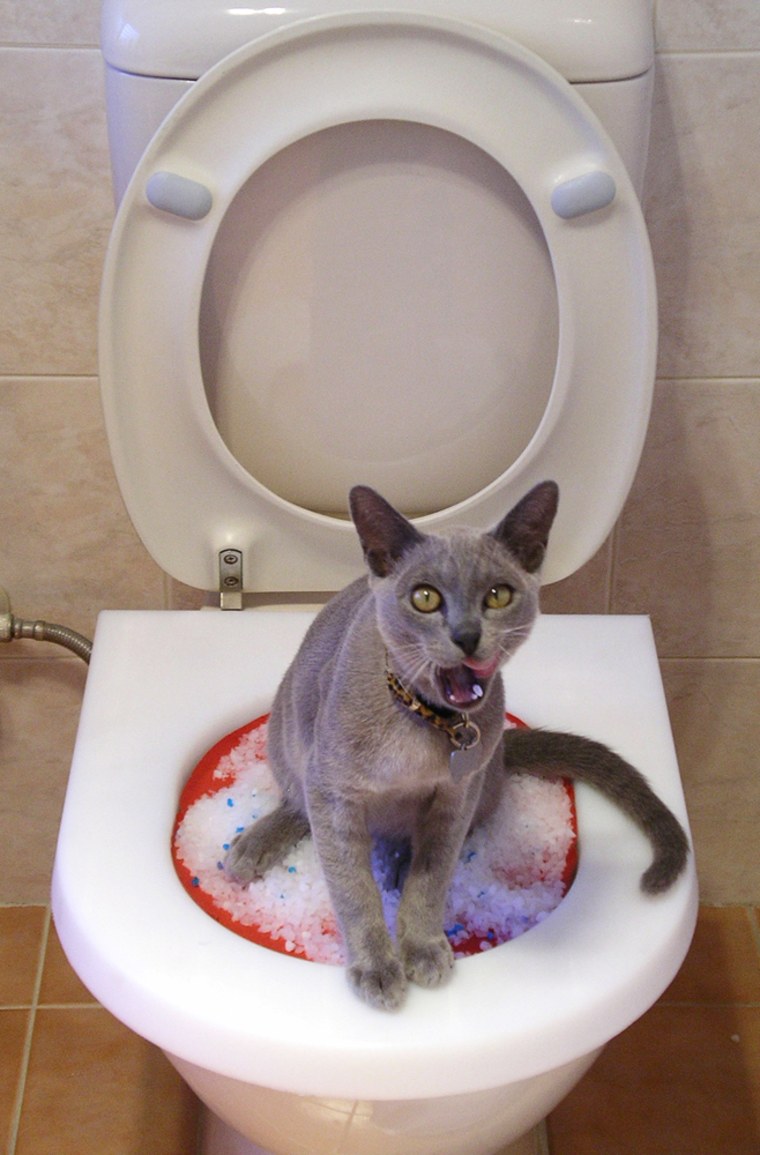Avoid Plumbing Problems: Never Flush Cat Poop Down Your Toilet - Expert Guidance
Avoid Plumbing Problems: Never Flush Cat Poop Down Your Toilet - Expert Guidance
Blog Article
Right here in the next paragraph yow will discover some good advice all about How to Dispose of Cat Poop and Litter Without Plastic Bags.

Introduction
As feline owners, it's necessary to be mindful of exactly how we take care of our feline good friends' waste. While it might seem practical to flush feline poop down the bathroom, this practice can have harmful effects for both the setting and human health and wellness.
Ecological Impact
Purging cat poop presents harmful virus and bloodsuckers right into the supply of water, posing a considerable danger to marine communities. These contaminants can adversely affect aquatic life and compromise water quality.
Health and wellness Risks
In addition to environmental concerns, flushing cat waste can likewise pose health dangers to people. Pet cat feces might have Toxoplasma gondii, a bloodsucker that can trigger toxoplasmosis-- a potentially serious health problem, specifically for pregnant women and people with damaged immune systems.
Alternatives to Flushing
The good news is, there are safer and much more responsible methods to dispose of feline poop. Consider the following choices:
1. Scoop and Dispose in Trash
One of the most usual technique of taking care of feline poop is to scoop it right into a biodegradable bag and throw it in the garbage. Make sure to make use of a committed litter scoop and get rid of the waste without delay.
2. Usage Biodegradable Litter
Go with biodegradable pet cat clutter made from products such as corn or wheat. These litters are environmentally friendly and can be safely taken care of in the trash.
3. Hide in the Yard
If you have a lawn, take into consideration hiding cat waste in a designated location away from veggie gardens and water resources. Make sure to dig deep adequate to avoid contamination of groundwater.
4. Set Up a Pet Waste Disposal System
Invest in a pet dog garbage disposal system especially designed for cat waste. These systems make use of enzymes to break down the waste, reducing smell and ecological effect.
Conclusion
Responsible pet dog possession expands past giving food and shelter-- it also entails appropriate waste administration. By avoiding flushing feline poop down the toilet and going with alternate disposal methods, we can lessen our ecological impact and shield human health.
Why You Should Never Flush Cat Poop Down the Toilet
A rose by any other name might smell as sweet, but not all poop is created equal. Toilets, and our sewage systems, are designed for human excrement, not animal waste. It might seem like it couldn’t hurt to toss cat feces into the loo, but it’s not a good idea to flush cat poop in the toilet.
First and foremost, assuming your cat uses a litter box, any waste is going to have litter on it. And even the smallest amount of litter can wreak havoc on plumbing.
Over time, small amounts build up, filling up your septic system. Most litter sold today is clumping; it is made from a type of clay that hardens when it gets wet. Ever tried to scrape old clumps from the bottom of a litter box? You know just how cement-hard it can get!
Now imagine just a small clump of that stuck in your pipes. A simple de-clogger like Drano isn’t going to cut it. And that means it’s going to cost you big time to fix it.
Parasitic Contamination
Believe it or not, your healthy kitty may be harboring a nasty parasite. Only cats excrete Toxoplasma in their feces. Yet it rarely causes serious health issues in the cats that are infected. Most people will be fine too if infected. Only pregnant women and people with compromised immune systems are at risk. (If you’ve ever heard how women who are expecting are excused from litter cleaning duty, Toxoplasma is why.)
But other animals may have a problem if infected with the parasite. And human water treatment systems aren’t designed to handle it. As a result, the systems don’t remove the parasite before discharging wastewater into local waterways. Fish, shellfish, and other marine life — otters in particular — are susceptible to toxoplasma. If exposed, most will end up with brain damage and many will die.
Depending on the species of fish, they may end up on someone’s fish hook and, ultimately on someone’s dinner plate. If that someone has a chronic illness, they’re at risk.
Skip the Toilet Training
We know there are folks out there who like to toilet train their cats. And we give them props, it takes a lot of work. But thanks to the toxoplasma, it’s not a good idea.

I'm very involved in Can You Flush Cat Poo or Litter Down the Toilet? and I really hope you liked the entire blog post. Sharing is good. Helping people is fun. I value reading our article about Can You Flush Cat Poo or Litter Down the Toilet?.
Book Today Report this page